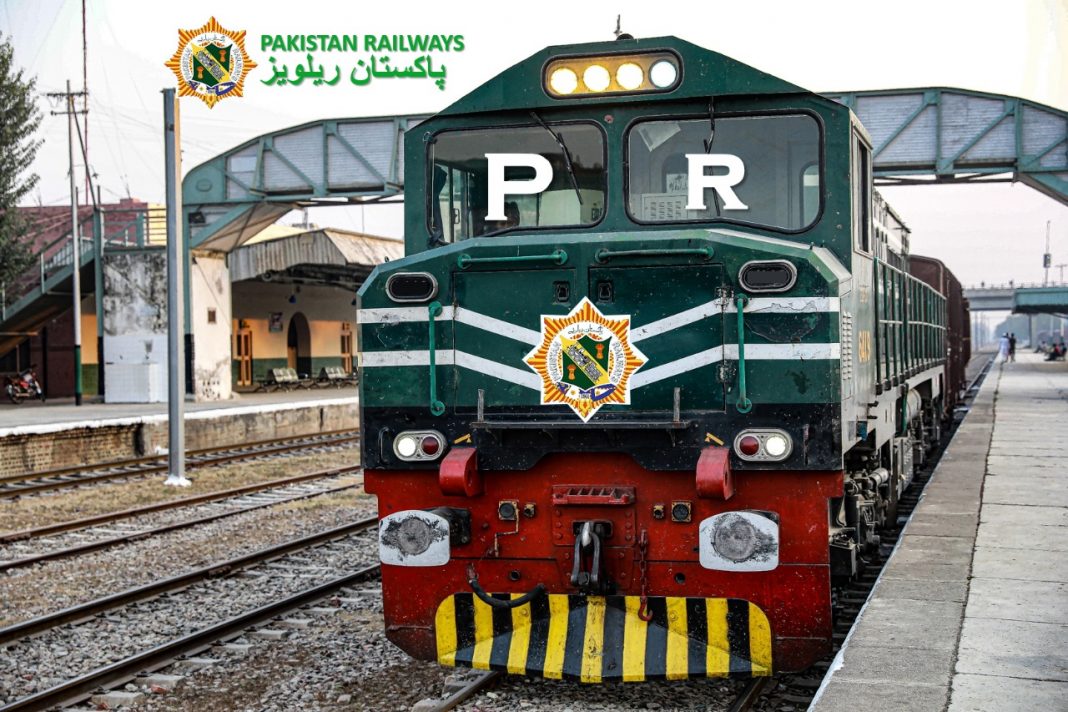ISLAMABAD: Public-private partnership (PPP) is a practical way for the Pakistan Railways (PR) and other loss-making state-owned enterprises (SOEs) to boost the revenues and strengthen the infrastructure, reports WealthPK.
Ijaz Ali, a research fellow at the Centre for Business and Economic Research, said the Pakistan Railways was included in the list of top 10 loss-making state-owned enterprises, which continued to be a burden on the country’s economy.
He said there was a need to increase funding for the Pakistan Railways, as the recent catastrophic floods had seriously damaged the infrastructure and its rehabilitation without the private sector’s assistance would be a difficult task.
The Pakistan Railways infrastructure is estimated to have suffered a loss of over Rs11 billion due to the devastating floods. Bridges and tracks have been destroyed, causing an estimated loss of Rs8 billion, while ticket refunds, diesel, administrative proceedings, and suspension of train operations have cost the department Rs3.5 billion.
According to WealthPK research, the Public-Private Partnership Authority had three projects for construction in the PPP mode, which included the Karachi Circular Railway (KCR), Karachi-Pipri Freight Corridor, and Thar Coal Block II Railway Link. The KCR project is ready to be floated in the market, while the other two projects are in the evaluation stage.
The public-private partnership can also help upgrade the department’s dilapidated infrastructure, thus enabling it to become a profit-making state-owned enterprise.
Moreover, there are various sectors worldwide where the public-private partnerships have completed successfully, such as power generation and distribution, water and sanitation, refuse disposal, pipelines, hospitals, school buildings and teaching facilities, stadiums, air traffic control, prisons, railways, roads, billing and other information technology systems, and housing.
According to the Asian Development Bank, the term ‘public-private partnership’ describes a range of possible relationships among the public and private entities in the context of infrastructure and other services.
While engaging the private sector, the PPP framework recognizes and structures the role of government in order to ensure that social obligations are met and successful sector reforms and public investments are made.
Additionally, a strong PPP allocates responsibilities, risks, and tasks among the public and private partners in an optimal manner. A PPP involves public partners such as government ministries, departments, municipalities, or state-owned enterprises. Businesses or investors with technical or financial expertise relevant to the project may be considered private partners, either locally or internationally. It is becoming more common for the public-private partnerships to also include non-government organizations (NGOs) and community-based organizations (CBOs) that represent the stakeholders directly affected by the project.






